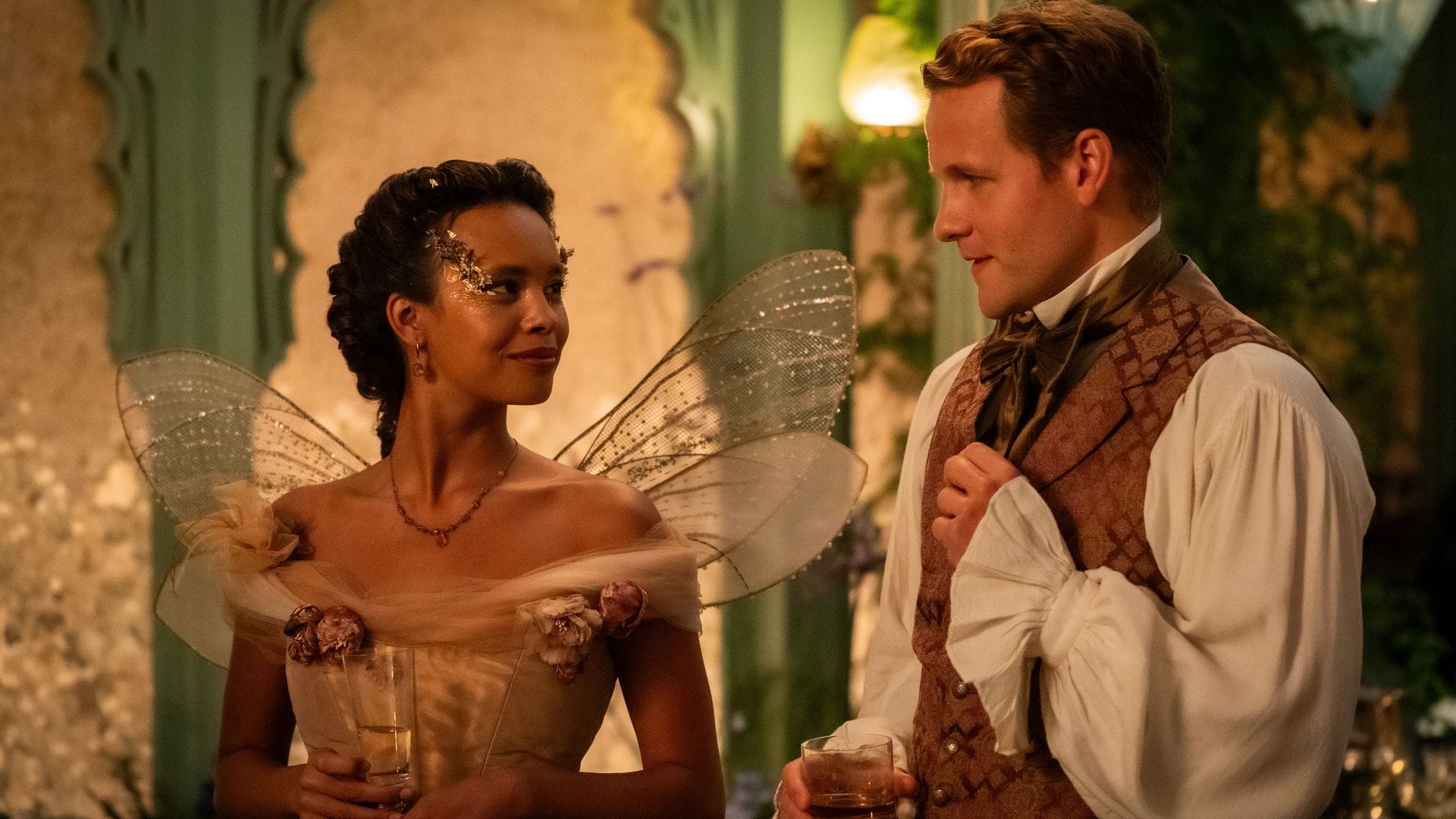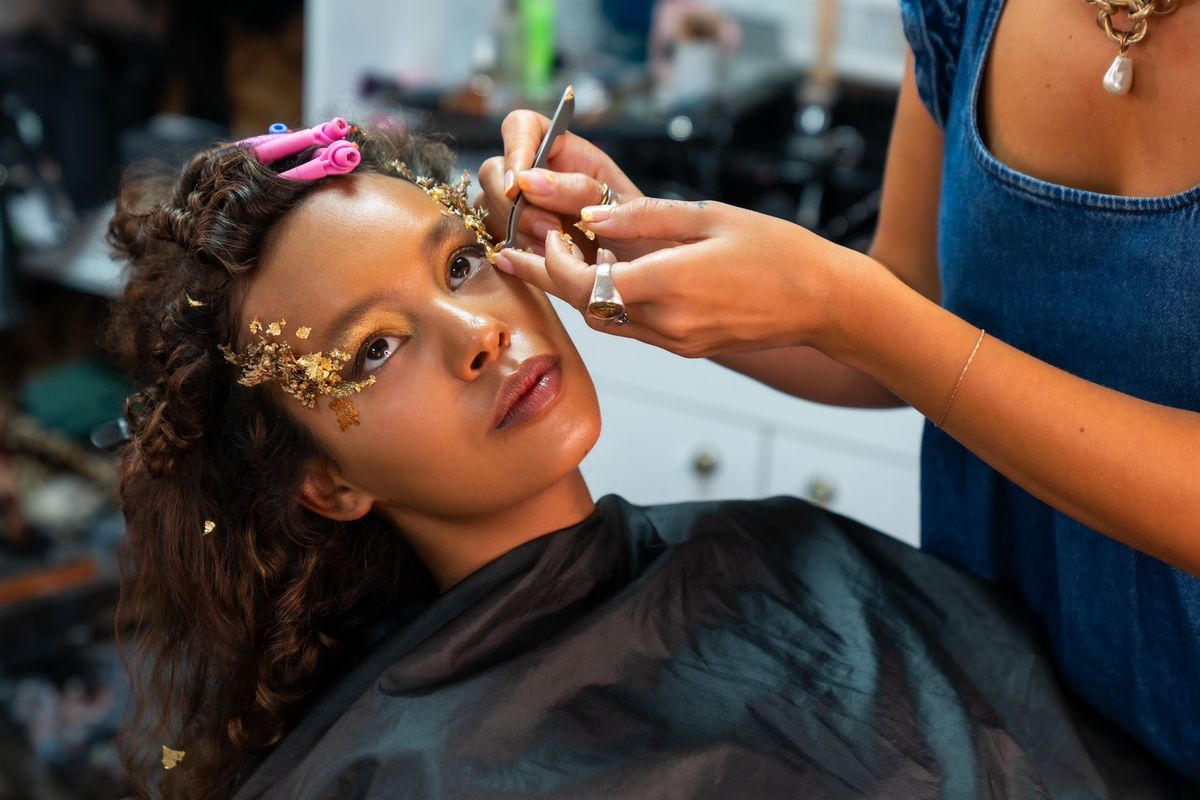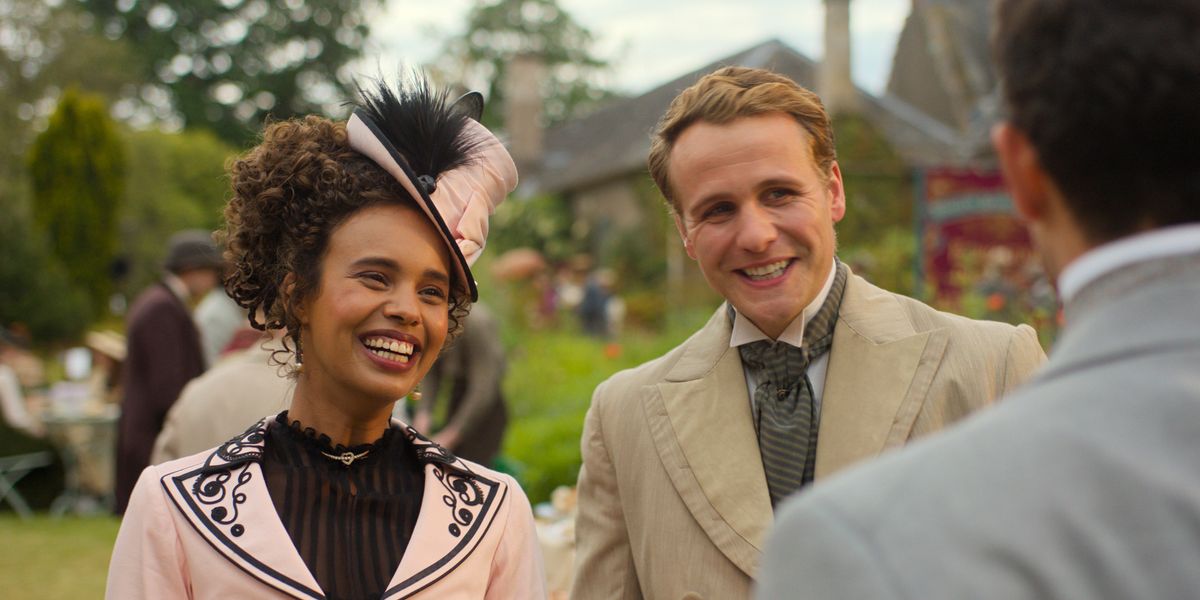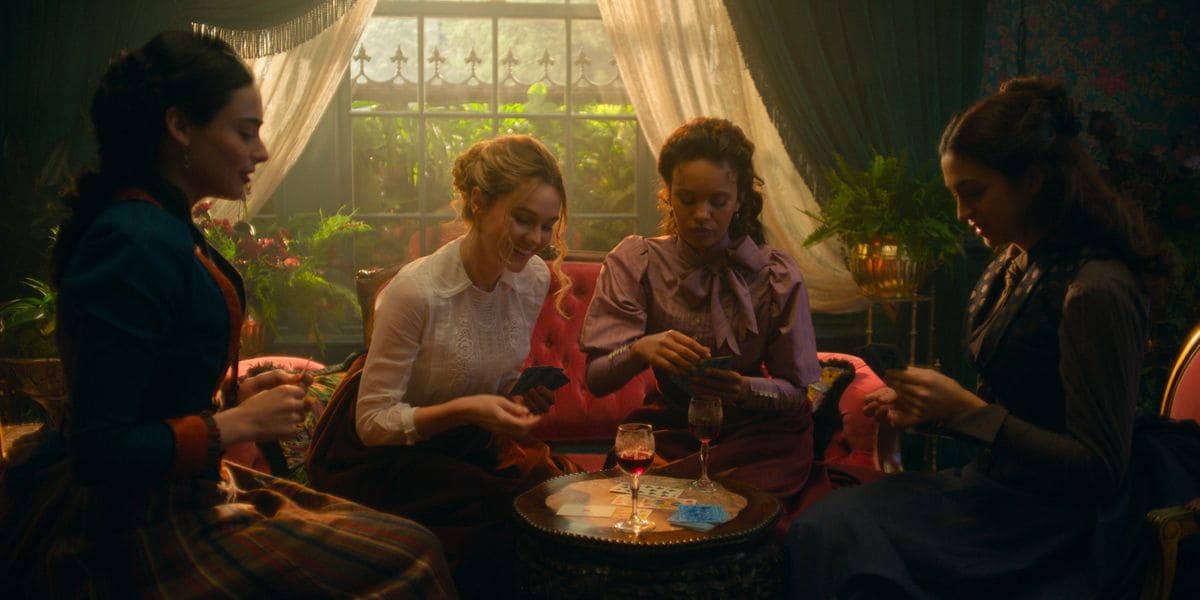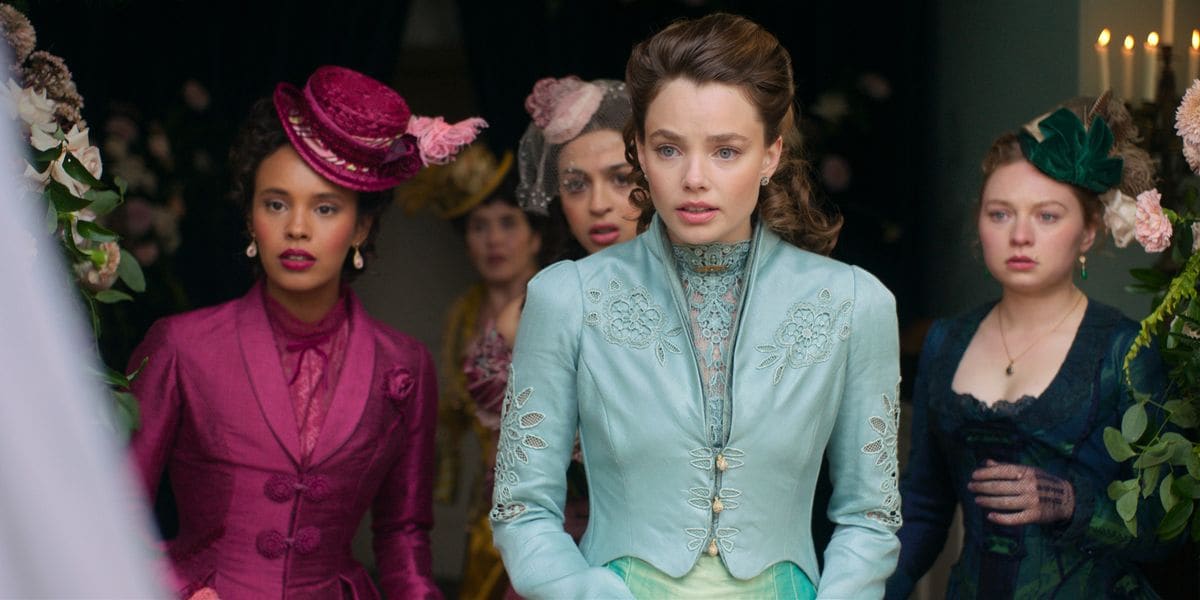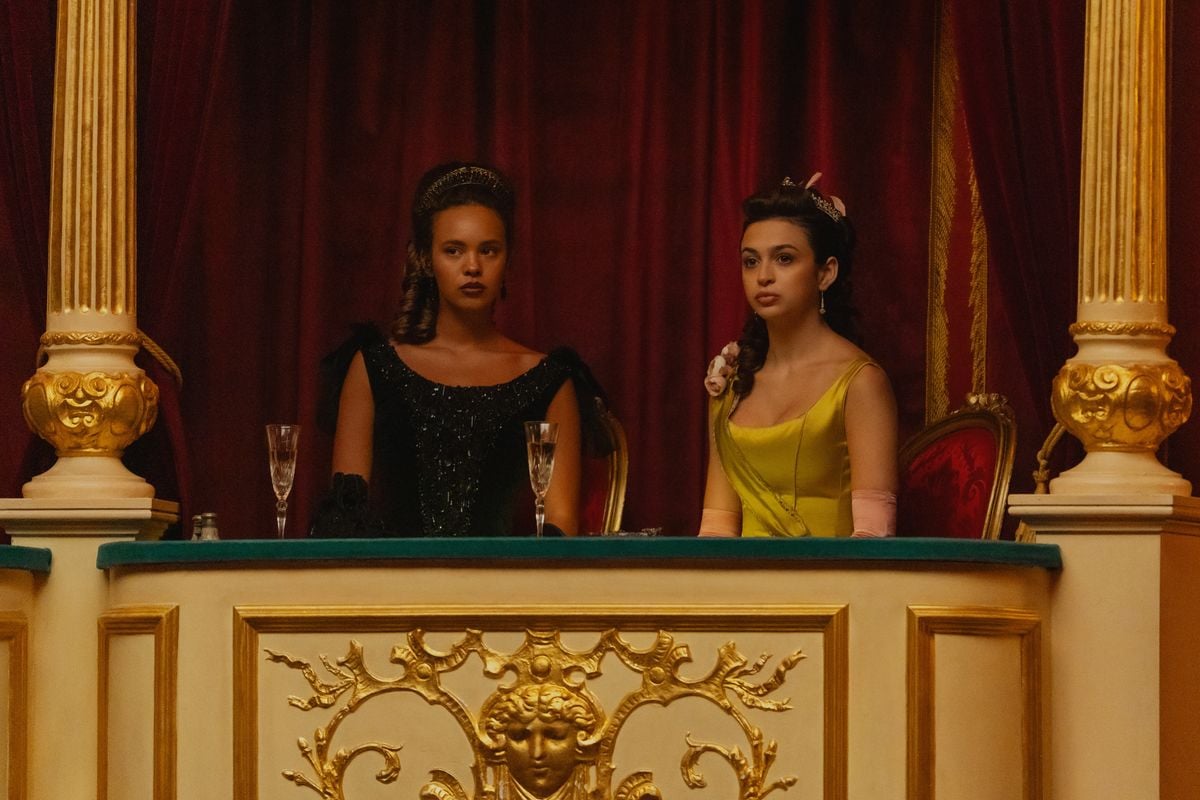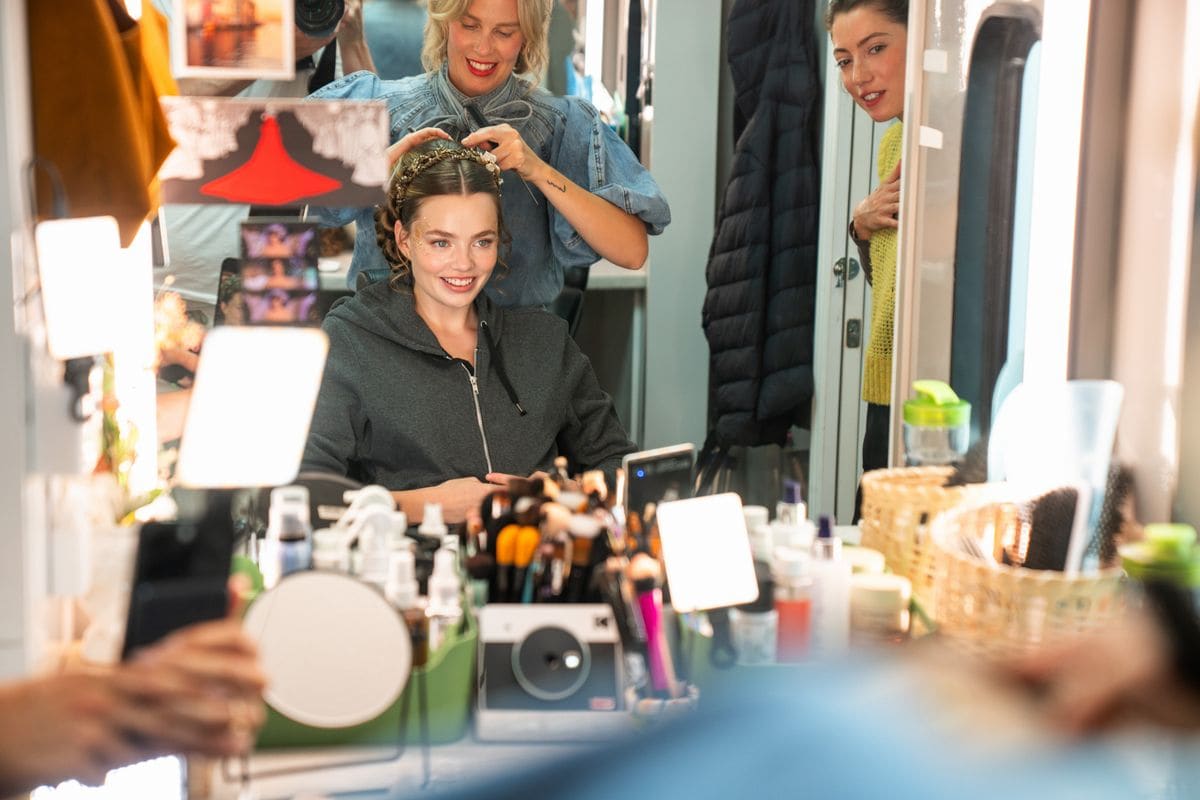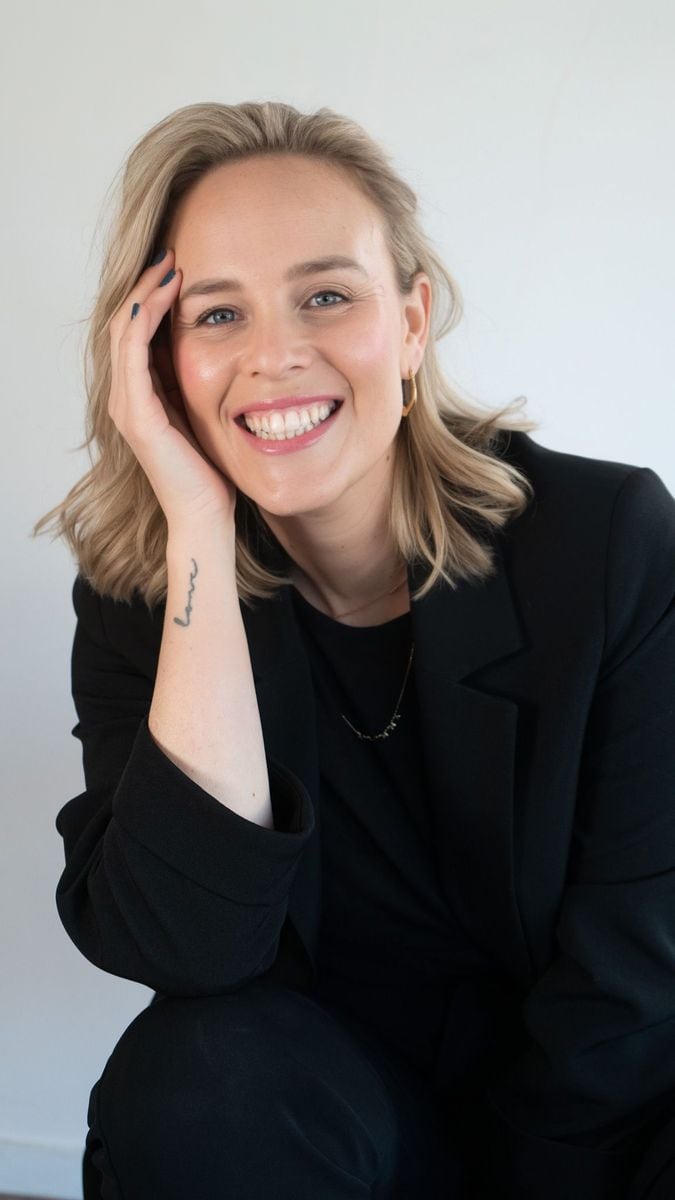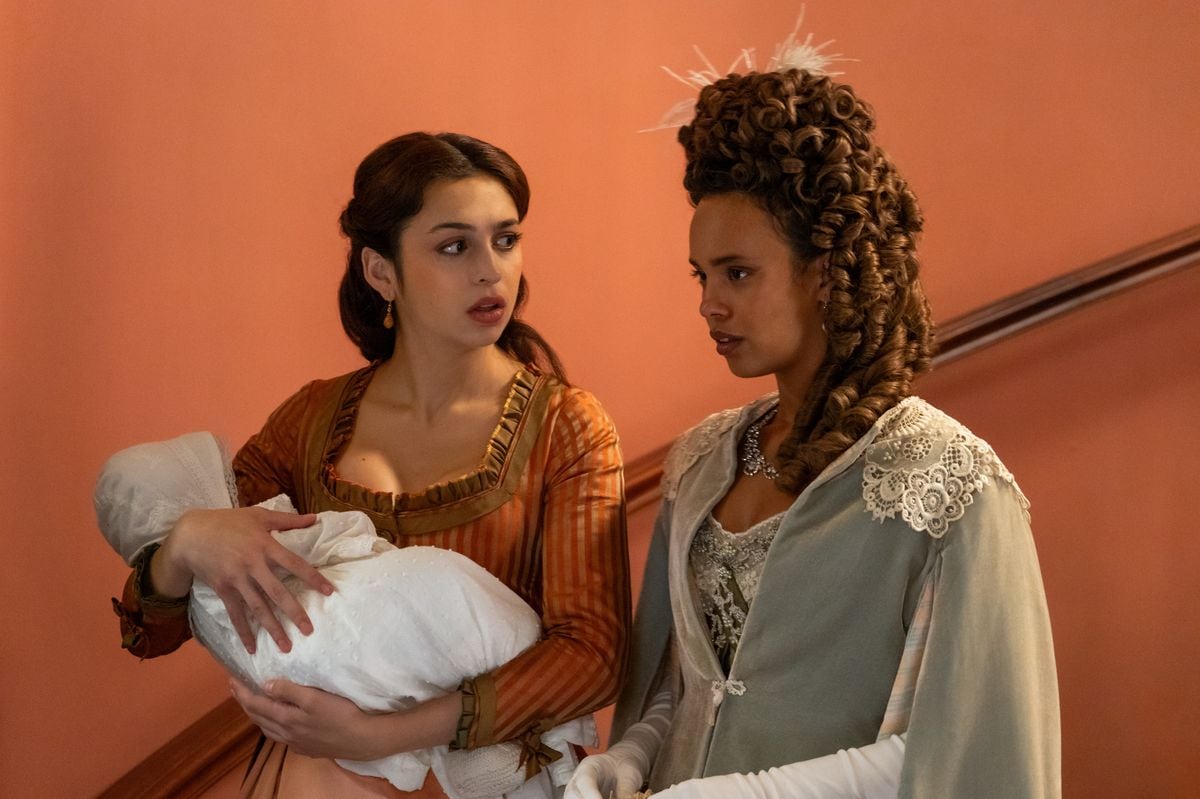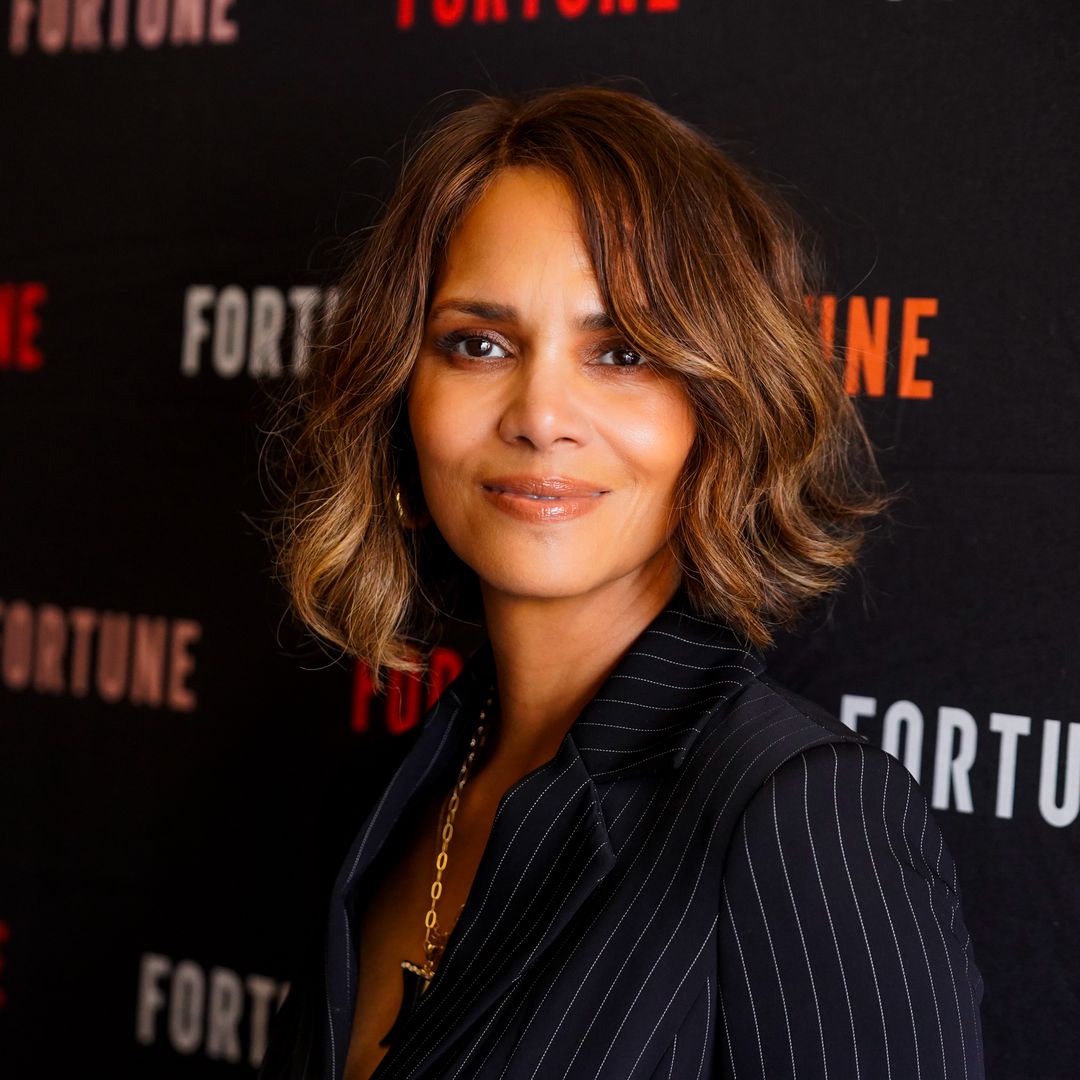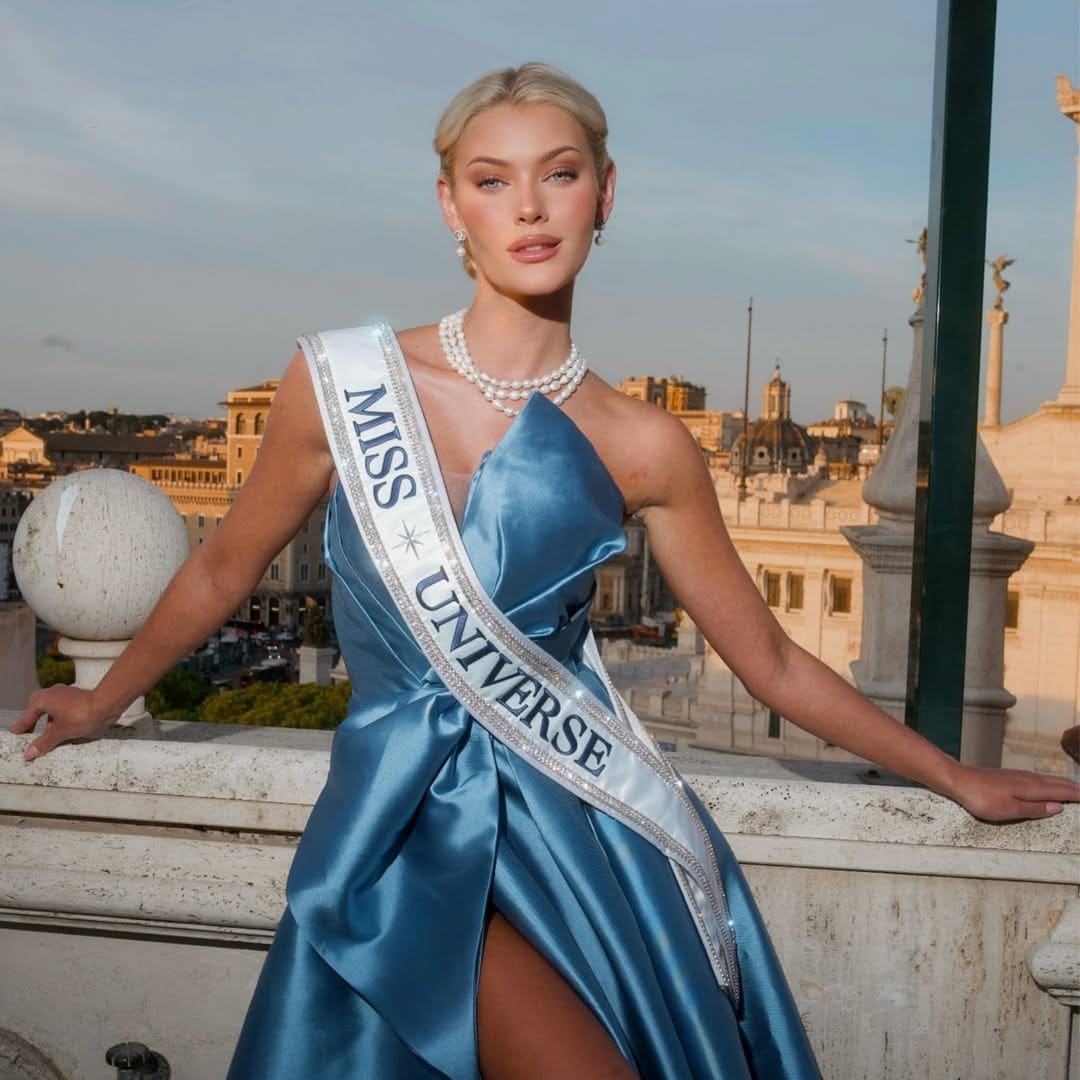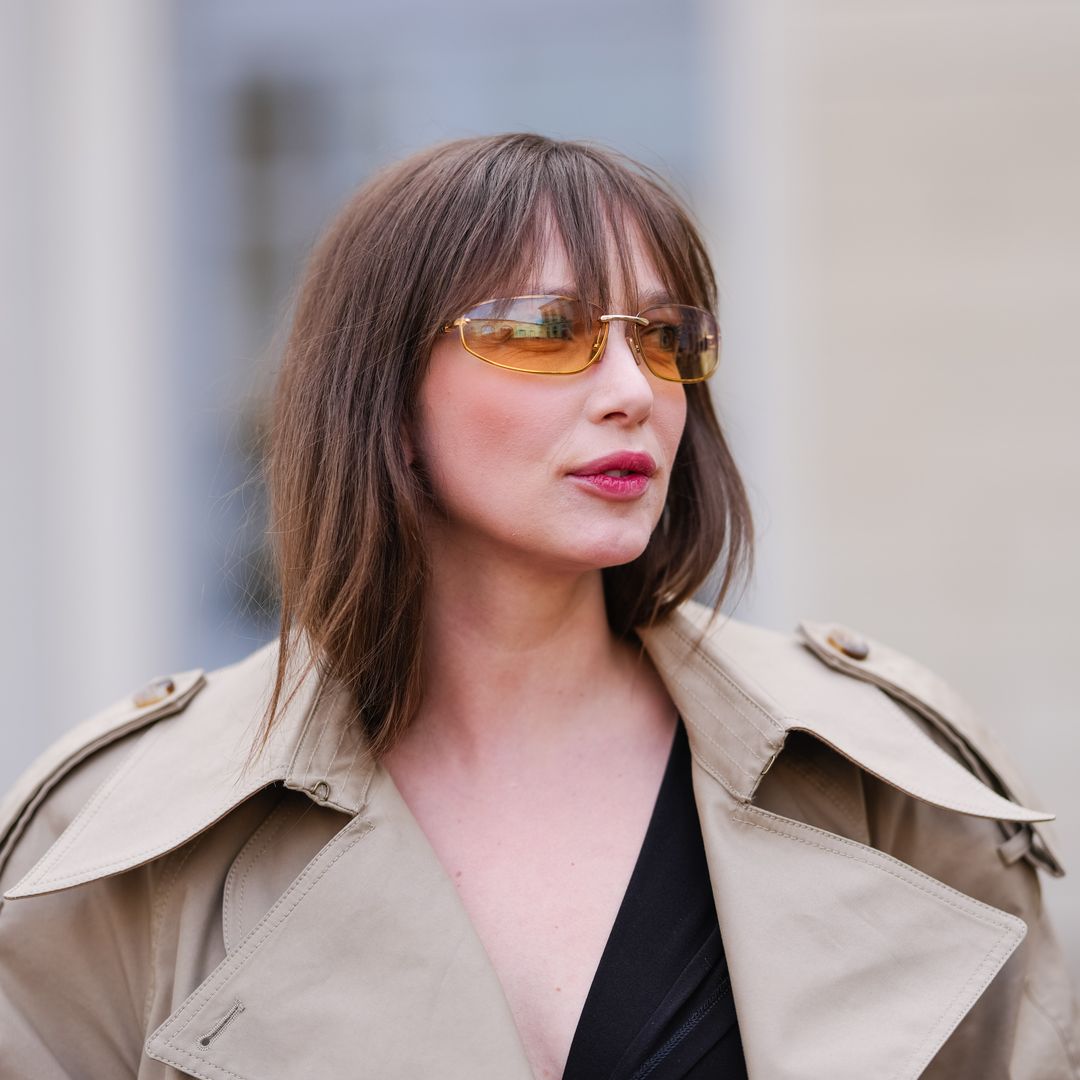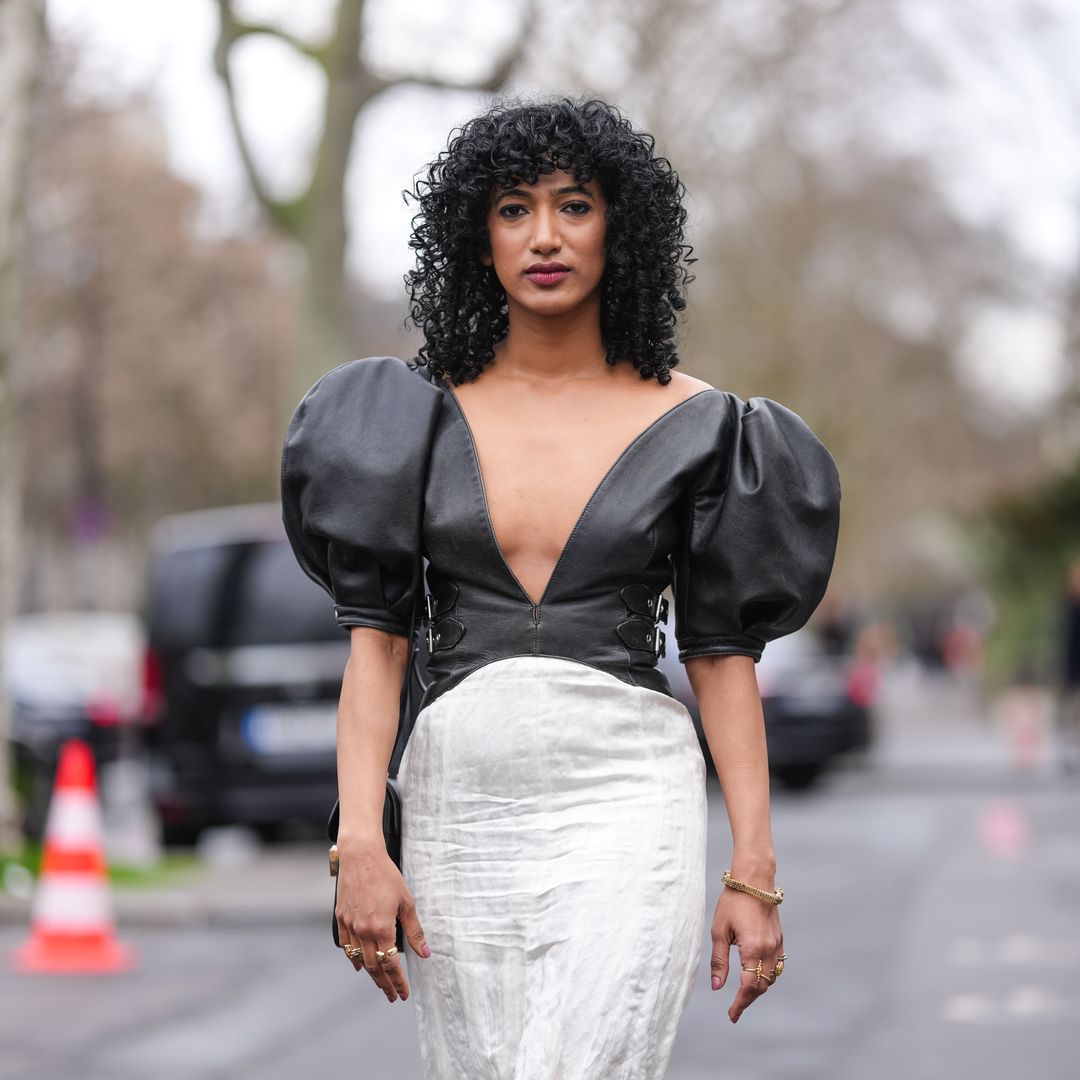As Apple TV+'s "The Buccaneers" sends its Season 2 finale into space, one of the brightest spotlights isn't just on the high-society scandals or romantic entanglements, it's on the hair and makeup that bring the era to life. At the helm is Emmy-winning designer Jenny Rhodes-McLean, who's proving that beauty in period drama can be more than a costume; it can be identity, history, and storytelling all at once.
Jenny's work with Alisha Boe, who plays Conchita, embraces cultural authenticity with unapologetic flair. Think natural curls, textured updos, and palettes that radiate confidence. Her approach isn't about simply recreating Victorian styles; it's about making them feel alive, relevant, and aspirational for today's audiences.
Blending Heritage With High Glam
For Conchita's looks, Jenny started with late Victorian opulence as her canvas, but added layers of individuality and cultural resonance. "Alisha's skin is naturally luminous, so we maintained a strong skincare routine throughout filming to enhance that glow," she explains.
From bold colors to radiant finishes, Conchita's look became a reflection of her energy and heritage rather than just a nod to 19th-century fashion plates.
But Jenny is clear, this wasn't a solo vision. Collaboration with Alisha was key, especially in shaping how Conchita's appearance evolves. As the character transitions from ambitious businesswoman to grieving widow, her hair and makeup subtly track that emotional arc. Wigs styled by Abbigaile Richards carried Conchita into society's upper tiers, while softer looks later in the season revealed vulnerability beneath the glamour.
Period Looks That Speak to Now
Jenny's artistry stands out because of her knack for balancing historical fidelity with modern resonance. "I'll keep period-correct shapes and silhouettes," she says, "but adjust texture, finish, or colours so the result feels fresh and alive."
This philosophy keeps "The Buccaneers" from slipping into caricature. Instead of stiff, overly costume-like styling, Jenny's designs invite viewers into a world that feels authentic and accessible. The result is period beauty that doesn't just decorate a scene but deepens it, grounding characters in their identities while speaking to contemporary audiences.
Respecting Cultural Stories
Jenny approaches her craft with a rare mix of artistry and responsibility. "As a white woman, I recognise that it's a privilege to help tell certain stories," she reflects. That means research—diving into paintings, archives, and fashion history—and collaborating with cultural experts to ensure accuracy and respect.
Her method avoids clichés, leaning instead on authenticity and subtle nods to catwalks or pop culture only when they serve the character. For her, precision and purpose are the keys to ensuring that representation feels empowering, not performative.
Creative Highs and Emotional Lows
Working on "The Buccaneers" gave Jenny what she calls "a creative gift." The series let her merge her passions for period storytelling with her dedication to celebrating complex women. Using hair and makeup to highlight moments of sparkling glamour and scenes of emotional grit, Jenny helped translate character depth directly onto screen.
She insists that this isn't just surface work; it's storytelling. And audiences are responding. Jenny recalls the turning point when viewers began sharing how they saw themselves in the characters she styled. "Representation is everything," she says.
Lessons for the Next Generation
For aspiring hair and makeup artists, Jenny advises digging deeper. Don't just learn what was done; learn why. "Go beyond the obvious. Learn the cultural history behind beauty rituals, not just what was done, but why. When you understand the meaning behind a style, you can bring it into your work with respect and nuance. That's when authenticity truly comes to life," she tells HOLA!
Her career reflects that ethos. Projects like "Bridgerton" shaped her period approach, while experiences in Ghana filming "Black Earth Rising" with Michaela Coel profoundly shifted her perspective on cultural authenticity.
Working across the Middle East, Brazil, Morocco, and beyond, Jenny has absorbed traditions and techniques that infuse every project she touches. "I've also been fortunate to work in the Middle East, Brazil, including deep in the Amazon rainforest, Morocco, Spain, and other parts of Europe. In each place, I fully immerse myself in local traditions and history. Those experiences have shaped me more than any single project, giving me a profound appreciation for the beauty, meaning, and craftsmanship," she adds.
Dreaming Bold for the Future
Looking ahead, Jenny is manifesting a story set in the 1960s, something unapologetically bold, female-led, and political. She dreams of bringing real-life trailblazing women to the screen, the kind her children read about. "My children love the 'Fantastically Great Women Who Changed the World' books by Kate Pankhurst, and reading them at bedtime makes me dream about seeing those stories on screen. There are so many incredible women whose histories deserve the full cinematic treatment," says the creative.
But more than chasing specific eras or genres, Jenny is focused on the bigger picture: ensuring inclusivity isn't just a casting decision but embedded in the stories being told. "That's where the real beauty is," she says.
A New Chapter for Period Beauty
With "The Buccaneers," Jenny Rhodes-McLean proves that hair and makeup in period dramas don't have to be stiff, ornamental, or detached from reality. They can be vibrant, relevant, and deeply human.
Through her artistry, Jenny's work becomes a bridge connecting past and present, identity and representation, history and aspiration. Her work leaves a lasting impression in this era of storytelling. Beauty isn't just about how things look. It's about how they make us feel and who finally gets to be seen.
